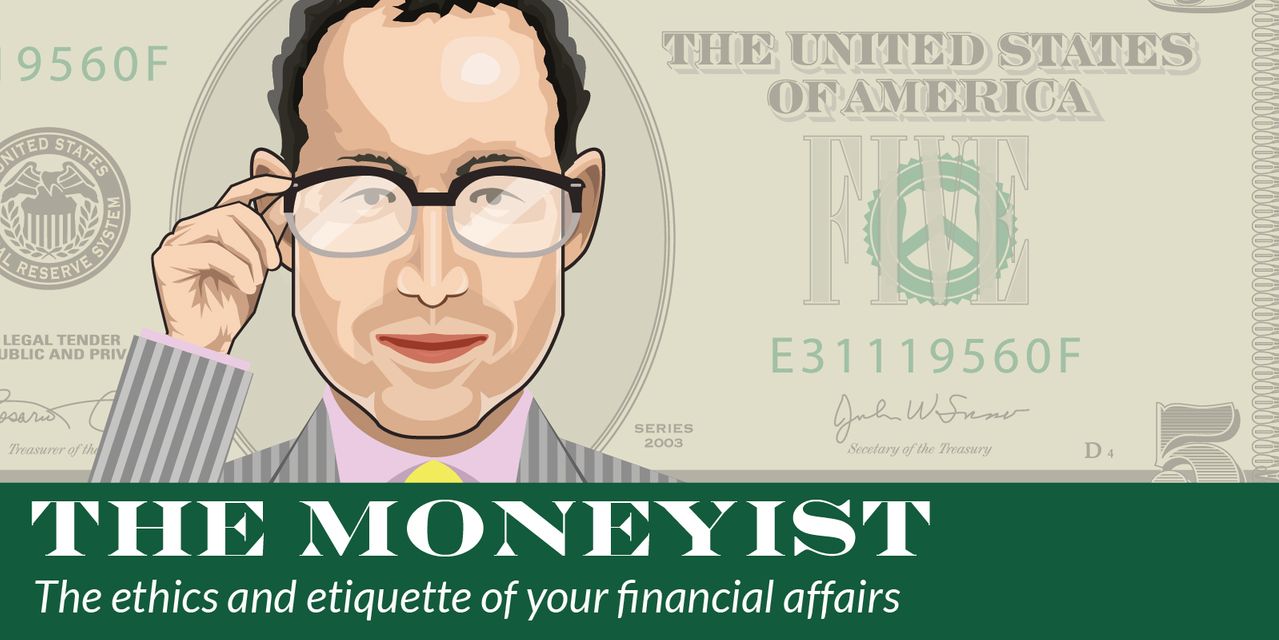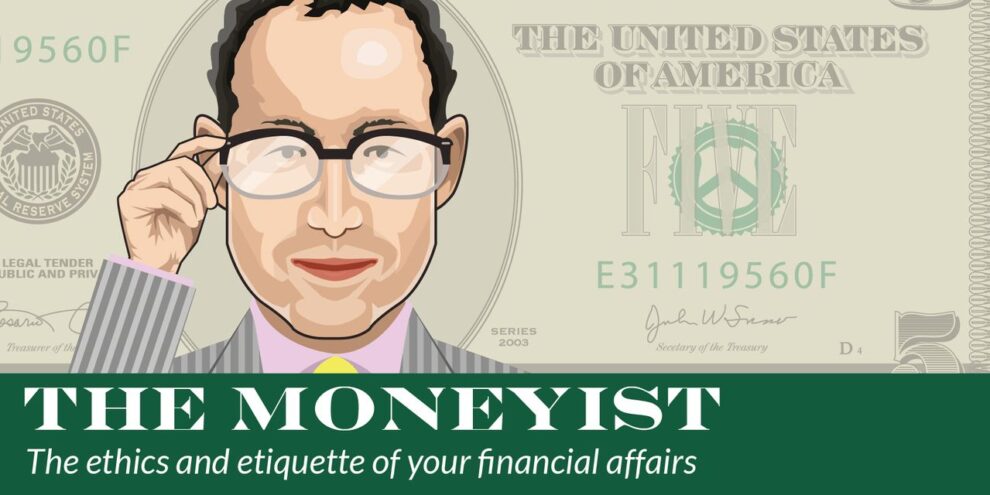
Dear Quentin,
I recently found out that New York is not a community-property state. I had thought it was for three decades of our marriage. I am not on the deed of the house I have been living in for the past 29 years. This house was purchased while I was engaged, six months before I was married. My husband contributed the down payment of $60,000.
At the time, it was decided to put only my husband’s name on the deed due to my $85,000 student-loan debt. I graduated from dental school one year prior to the home purchase. My husband-to-be also convinced me that having the house in his name only would protect us from any malpractice lawsuits I may incur during my career.
Well, here we are 29 years and three children later, and the house is still in only my husband’s name. I thought that since we were a married couple, I would also have a claim to the house. I was wrong. My husband had a stroke five years ago and I then became fearful of losing my home. He recovered, but there is always the fear of a recurrence.
A lawyer told us that I would inherit the house in the event there was no will, but would have to go through probate to validate this at a cost of $20,000. My husband said he is afraid I will divorce him if he adds my name to the deed — after 29 years of marriage. I have been by his side through several medical issues and two bouts of extended unemployment. I made a vow and I plan to keep that vow.
“‘I have been by his side through several medical issues and two bouts of extended unemployment.’”
I have worked throughout our marriage — part-time at first, but now I make double what my husband makes. We have always had a joint bank account. I am afraid that if my husband has another medical issue and requires care outside the home, the house that my children and I call home will be in jeopardy.
I also would like to avoid the cost and effort of probate court if he should predecease me. My husband is 65 and I am 57. He is in fair health and my family has a history of longevity. What is my actual state of ownership in this home, and how should I proceed in convincing my husband to add me to the deed?
I have told him that I deserve to and will own a home. If it is not the home we live in, then I am going to buy myself a house. This house would be an investment with one of my children to help them remain in New York. One positive point is that I would be a first-time home buyer and may qualify for incentives.
I have worked so hard in my life and given so much to my family. I feel that I deserve to own a home in my lifetime. My main fear is losing my home if my husband needs long-term care in a facility and the government seizes the home. Why are husbands so difficult to deal with?
Sincerely,
Devoted and Fearful Wife
Dear Devoted and Fearful,
My first takeaway from your letter: You used the word “fear” or a derivative of that word four times — you even made it part of your sign-off. There’s a lot in your letter about what might happen but has not actually happened, including the unlikely prospect that you will lose your home due to your husband’s medical issues. It’s important to separate what-ifs from what-is.
Medical bills and credit-card bills are unsecured debt; your home is a secured debt. a worse-case scenario is possible, but unlikely in your own situation, at least at this point. While it’s important to plan ahead for medical issues, going down this rabbit hole will not serve you. New York lawmakers introduced a bill last year that would protect patients from hospitals placing a lien on patients’ homes.
It does happen, unfortunately. The Community Service Society released a report last November concluding that between 2017 and 2018, 56 hospitals imposed 4,880 liens on the homes of their patients with unpaid medical bills “while collecting over $442 million in state funds (called the Indigent Care Pool) to support their provision of uncompensated care.”
You are correct in that property purchased before your marriage is regarded as separate property in New York, which is not a community-property state. Regardless, this home was bought prior to your marriage. If your husband predeceases you without a will, you as his spouse would receive the first $50,000 and half of your husband’s estate, with the rest divided among your children.
“The costs of probate depend on a myriad of factors, including the size of the estate and whether probate is contested. ”
Terence J. Ricaforte, attorney and counselor at law at Landskind & Ricaforte, told MarketWatch that the “short answer” is that you would not inherit 100% of the property if the deed is in your husband’s name alone. If there exists a will or some other testamentary substitute that leaves you out entirely, then you would still have two options, he said.
- Exercise your right of election on your husband’s estate left to others to obtain a third of his estate (to be reduced by the estate that she does inherit from your husband, if any); or
- Contest the will or the testamentary substitute in order to try and recover more than just the third under New York’s right of election statute, but 50% under intestacy laws by trying to knock out the will or testamentary substitute.
If your husband is afraid that you will divorce him, he could leave you the house in his will. Alternatively, he could also give you a life estate to live in the home after he passes, or put that property in a revocable living trust. That would help allay his concerns about a divorce. It’s not an ideal solution, especially given that you have been together for three decades and share three children.
I can’t help feeling that the fact that your husband purchased this house with his own money before you were married — using the somewhat flimsy excuse that you could be sued for medical malpractice later in your career as a reason not to put you on the mortgage or deed — was a red herring. Rather, this house seems to be a vessel for his own fears and insecurities.
The costs of probate depend on a myriad of factors, including the size of the estate and whether probate is contested. It could cost $10,000 or more. It’s an unusual and unfortunate situation, given your husband’s health and resistance to listening to your concerns. Perhaps if you approach this as a family to explain that you are all on the same page, he will listen.
You can email The Moneyist with any financial and ethical questions related to coronavirus at [email protected], and follow Quentin Fottrell on Twitter.
Check out the Moneyist private Facebook group, where we look for answers to life’s thorniest money issues. Readers write in to me with all sorts of dilemmas. Post your questions, tell me what you want to know more about, or weigh in on the latest Moneyist columns.
The Moneyist regrets he cannot reply to questions individually.
More from Quentin Fottrell:
• ‘I’ve felt like an outsider my whole life’: My father died without a will, leaving behind my stepmother and her 4 children. Do I have any rights to his estate?
• ‘He was infatuated with her’: My brother had a drinking problem and took his own life. He left $6 million to his former girlfriend who used to buy him alcohol
• ‘She had a will, but it was null and void’: My friend and her sister are fighting over their mother’s life-insurance policy and bank account. Who should win out?












